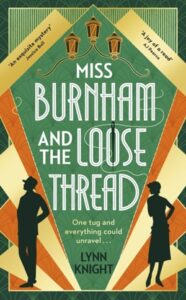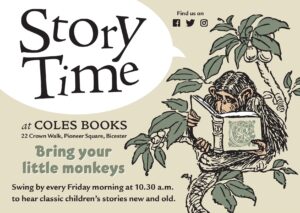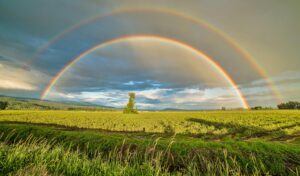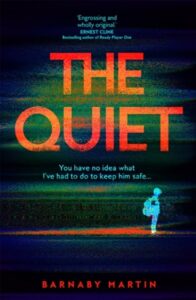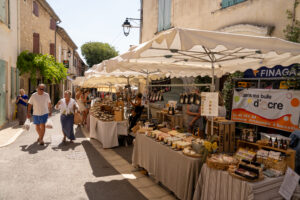To follow knowledge like a sinking star,
Beyond the utmost bound of human thought
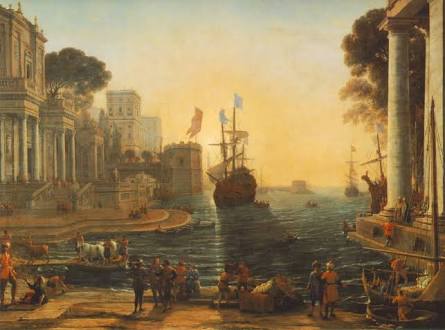
For the bigger picture, with a better view, there’s always a book – and often it is a beautiful revelation.
There is much in the media at this time about Progress & Productivity, or rather the lack of it. Despite all the technological tools available to us, we as a nation seem to be stuck in an economic slow lane – less productivity from the few leads to higher taxes for the many, the rock is large and heavy and with so few pushing it to the top of the hill, the task is relentless. Who’d be a Prime Minister when the economic inactivity nut is proving to be such a tough one to crack?
Browsing the pages of a recently published photographic book ‘The British Isles 1900: A Portrait in Colour’ gives the warming feel of a country completely at ease with itself and the significant progress it had made over the preceding 19th century. Victorian Britain was a restless nation, not enough hours in the day to take advantage of the opportunities tumbling out of the minds and imaginations of a people obsessed with building a better, more beautiful and just world. Much of the progress from that time is done, no point re-doing it (although nowadays we do confuse progress with tinkering with the edges), but what would be interesting is understanding the motivation at the very heart of the Victorians – what was the philosophy behind such a desire for continuous improvement? There’ll be a book out there which is sure to explain all, but in the meantime, back to the pages of the beautiful (if somewhat large) ‘The British Isles 1900: A Portraitin Colour’ – back in the day, the British people built for themselves a beautiful Britain.
Extracts from ‘Ulysses’ by Alfred Lord Tennyson, the full poem is HERE
How dull it is to pause, to make an end,
To rust unburnish’d, not to shine in use!
As tho’ to breathe were life! Life piled on life
Were all too little, and of one to me
Little remains: but every hour is saved
From that eternal silence, something more,
A bringer of new things; and vile it were
For some three suns to store and hoard myself,
And this gray spirit yearning in desire
To follow knowledge like a sinking star,
Beyond the utmost bound of human thought.
The lights begin to twinkle from the rocks:
The long day wanes: the slow moon climbs: the deep
Moans round with many voices. Come, my friends,
‘T is not too late to seek a newer world.
Push off, and sitting well in order smite
The sounding furrows; for my purpose holds
To sail beyond the sunset, and the baths
Of all the western stars, until I die.
It may be that the gulfs will wash us down:
It may be we shall touch the Happy Isles,
And see the great Achilles, whom we knew.
Tho’ much is taken, much abides; and tho’
We are not now that strength which in old days
Moved earth and heaven, that which we are, we are;
One equal temper of heroic hearts,
Made weak by time and fate, but strong in will
To strive, to seek, to find, and not to yield.

This week’s festive pick-of-the-week is Andreina Cordani’s Murder at the Christmas Emporium. Christmas shopping can be murder! It’s Christmas Eve at the Emporium, a bespoke gift shop hidden in the depths of London’s winding streets, where a select few shoppers are browsing its handcrafted delights. But when they go to leave, they find the doors are locked and it isn’t long before they realise this is no innocent mix-up. Our non-fiction pick is Pinch of Nom’s All In One. This cookbook contains healthy but delicious fakeaways to be made in the airfryer, slowcooker, oven and on the hob. What more could you want!
The best of new fiction includes Louise Doughty’s A Bird in Winter – a woman is on the run, and must try to outwit the people close on her trail; You Yeong-Gwang’s The Rainfall Market, an uplifting and healing book that asks, would you trade your life for another?; Will Dean’s Ice Town, which features a serial killer murdering locals in a remote town – can they be stopped before it’s too late?; And Milton’s classic Paradise Lost, this time illustrated by Gustave Dore. This is a beautiful coffee table book that will make you read this canonical work with fresh eyes.
Our favourites in non-fiction contain Prestel’s new paperback about Turner, this small new book features text on the latest scholarship, as well as brilliant reproductions of Turner’s masterpieces. Old Age and How to Milk It by Geoff Tibballs is a great humorous gift: From getting a seat on the bus to forgetting what you were worrying about, there are countless reasons to be grateful for being an old git. We should be glad to be grey! Ian Collins has released a new biography about Ronald Blythe, entitled Blythe Spirit. Drawing on unparalleled access to letters, notebooks, published works, drafts, and conversations from decades of friendship, Ian Collins tells the full story of Ronald Blythe for the first time. Lastly in non-fiction we have Miles Richardson’s The Blackbird’s Song and Other Wonders of Nature, within Richardson delves into the science and mythology behind our relationship with nature, exploring everything from our kinship with plants to the way in which nature influences our moods.
And for children, for ages 3+ we have The Night Before Christmas in Wonderland by Carys Bexington and Kate Hindley, which sees the world of Alice in Wonderland invade the classic Clement C. Moore tale. Also for the same age, we have the superb boardbook The Animal Orchestra Plays Vivaldi. The animal orchestra are visiting Venice, and playing music by the fantastic composer who lived there!
As always, if you have any questions, or you want anything ordering in, do let us know!
From Amber
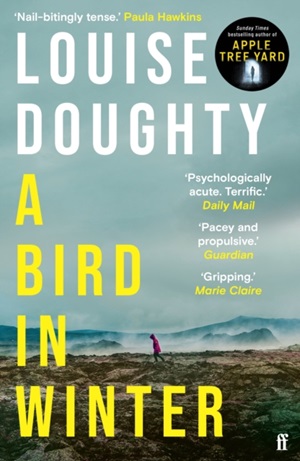

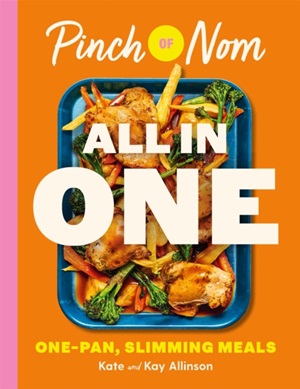
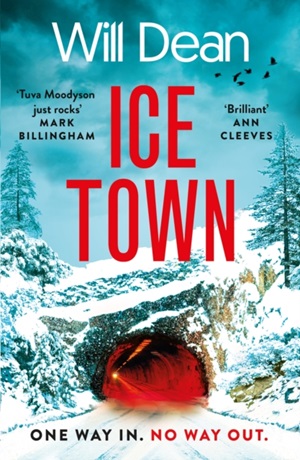
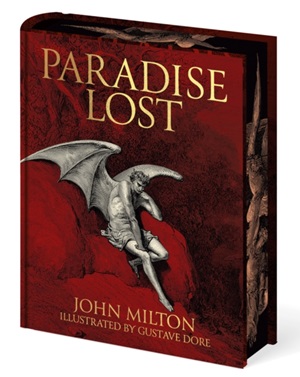
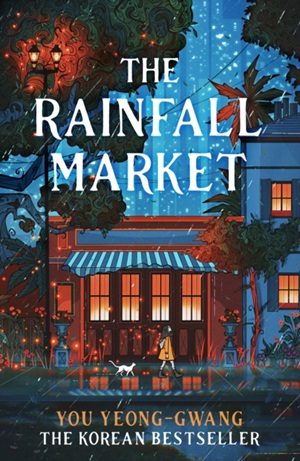
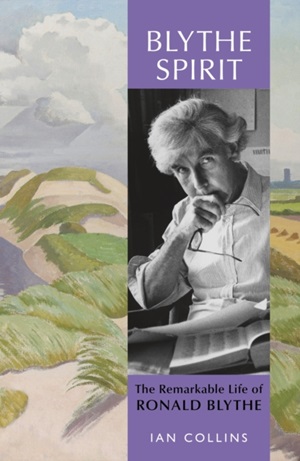
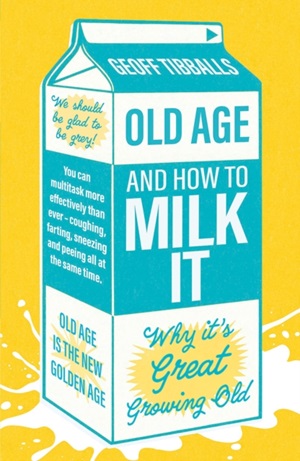
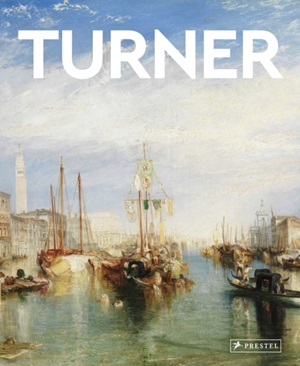
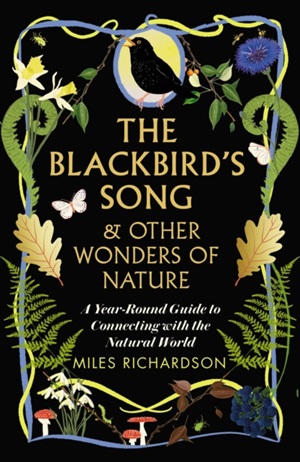
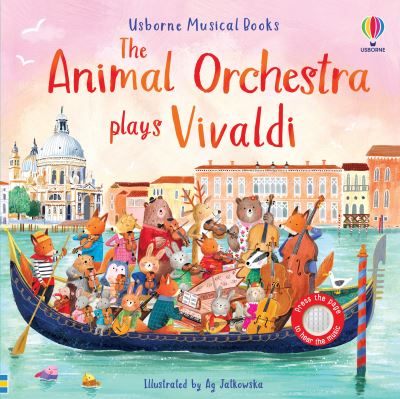


The full newsletter with linkd to books – including this week’s Signed Editions – can be found HERE

